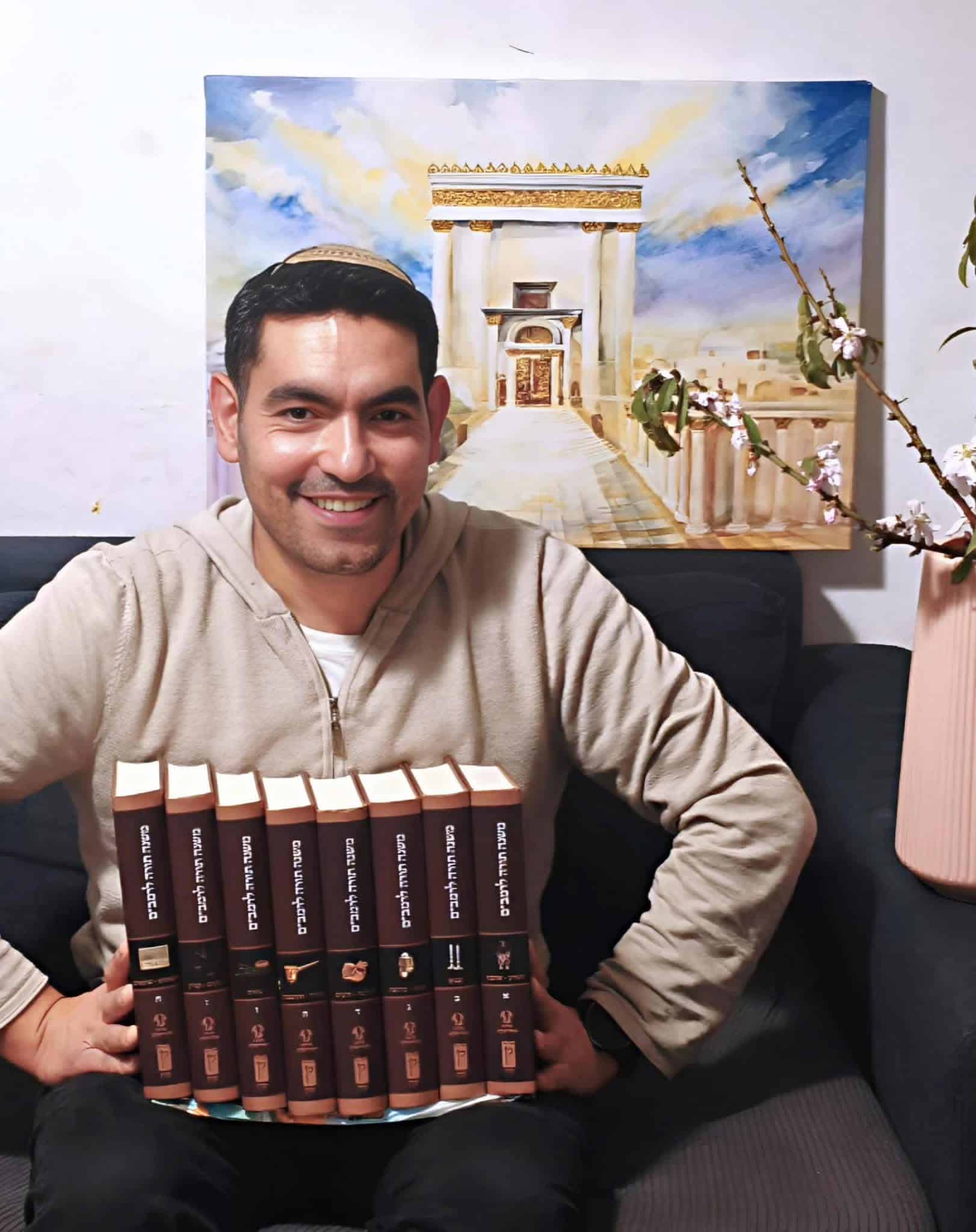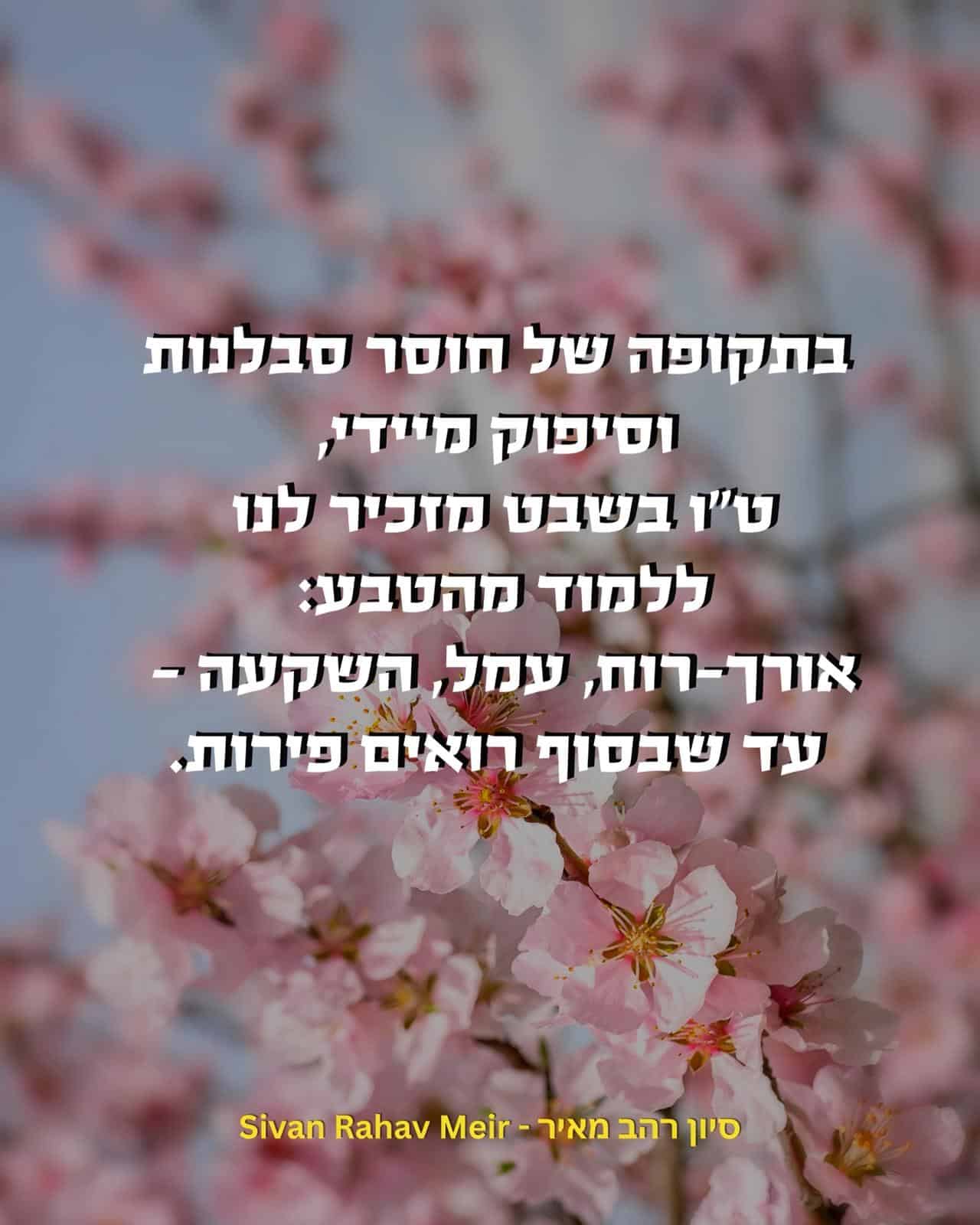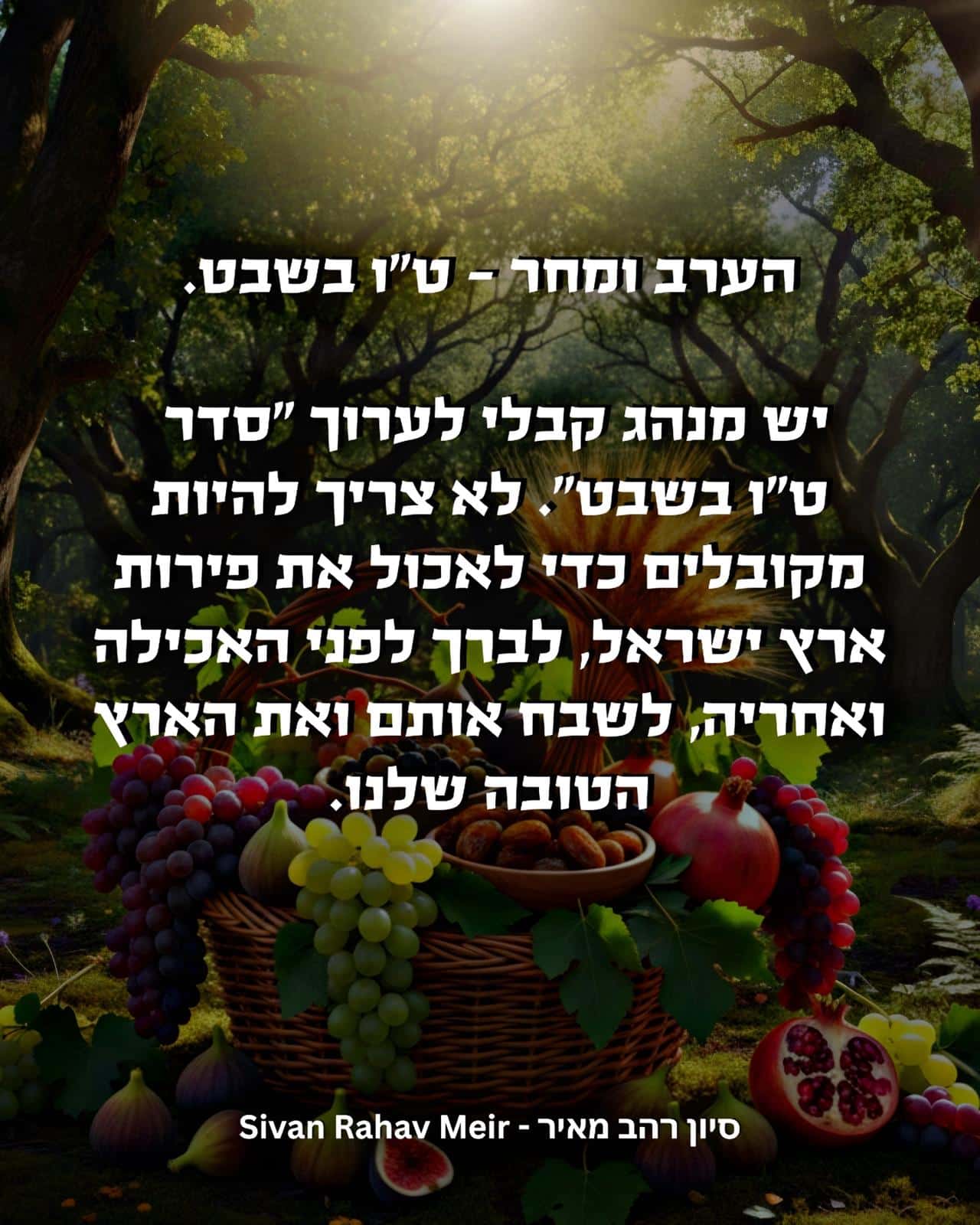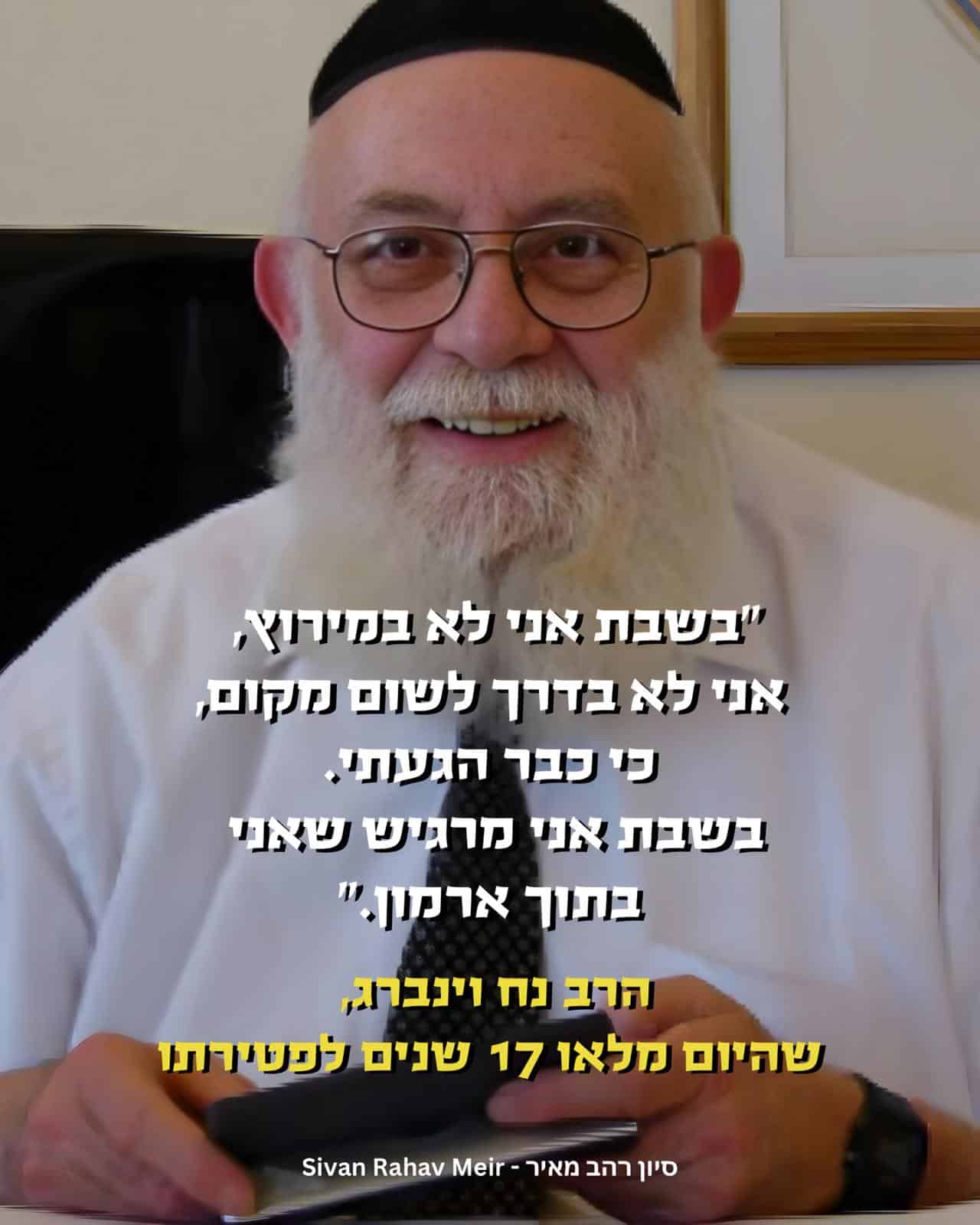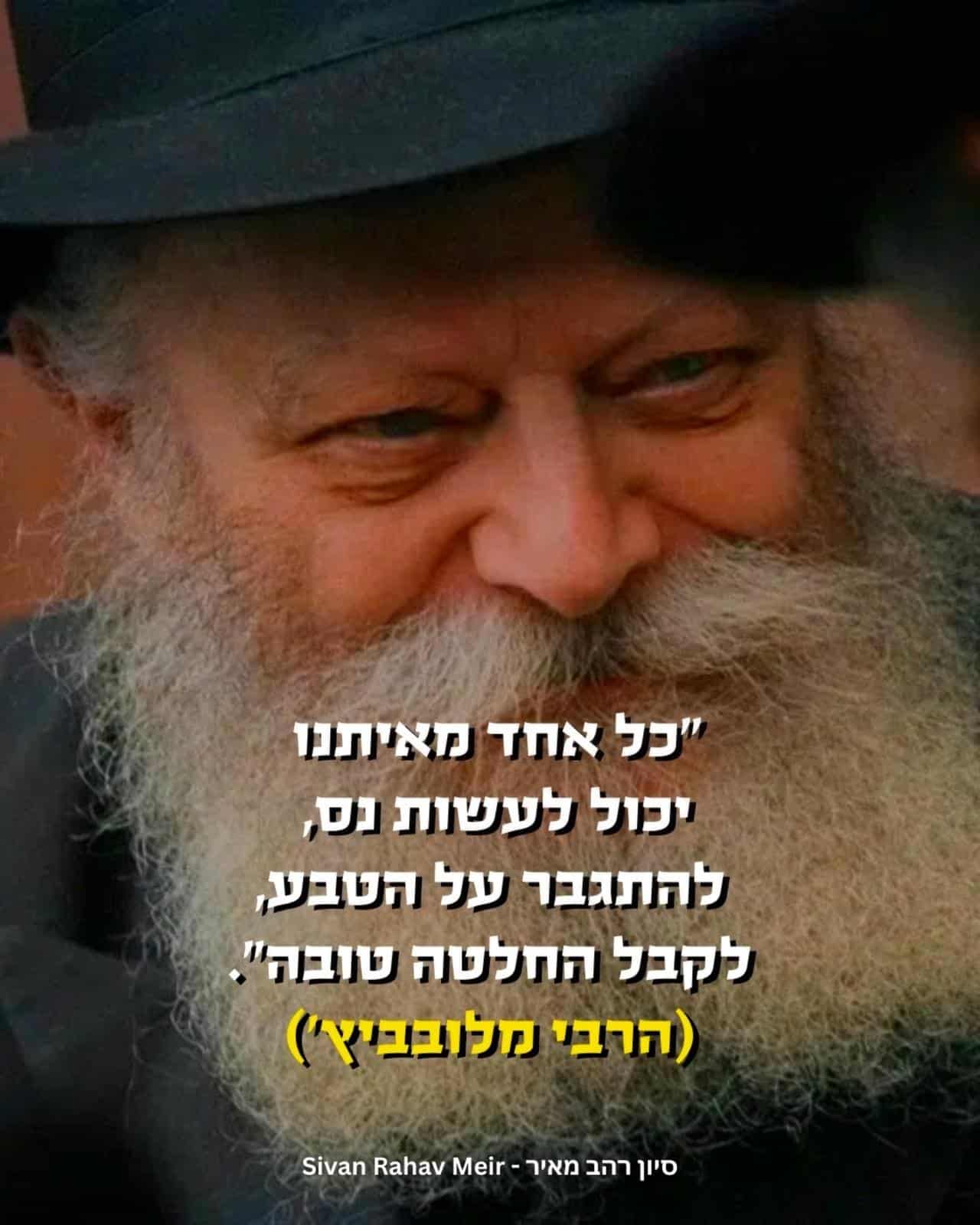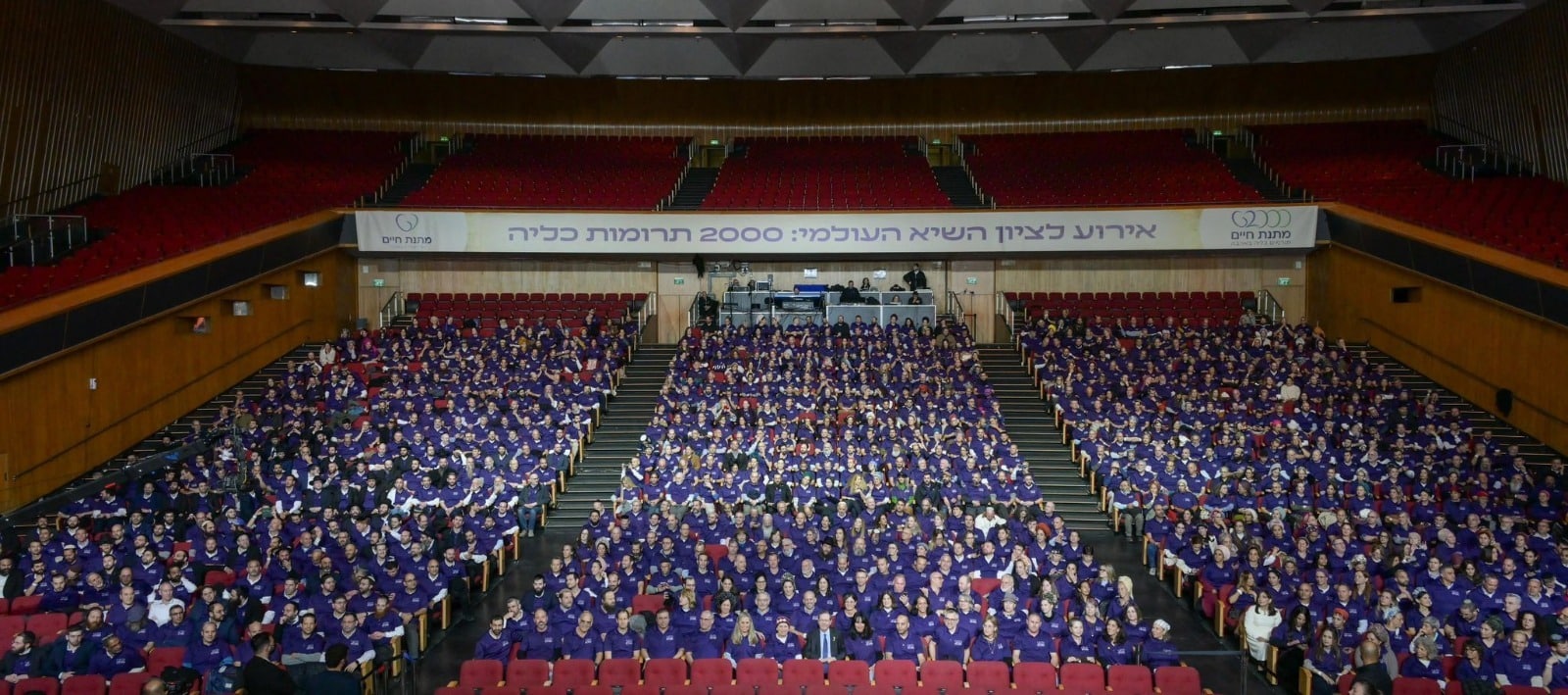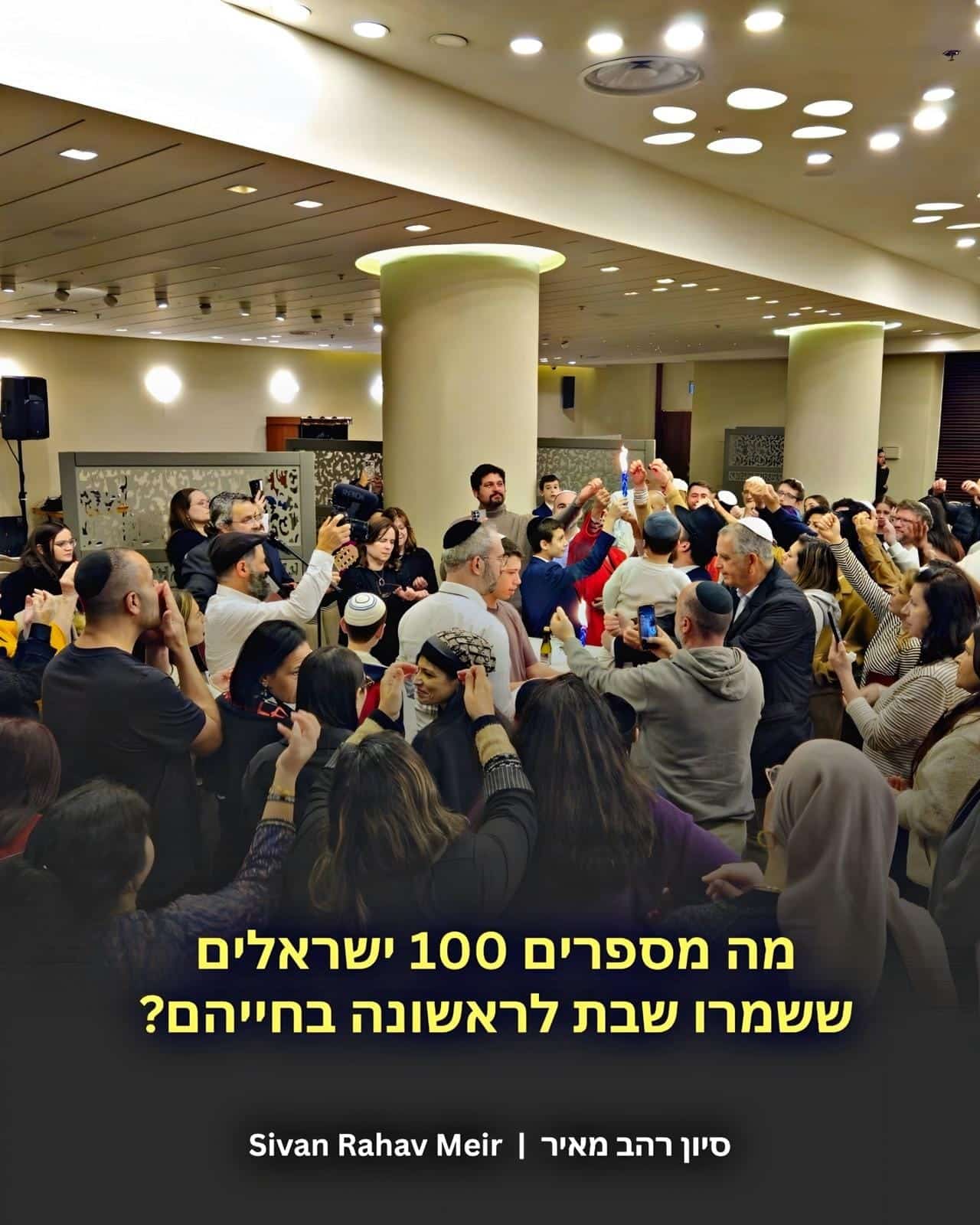How do you respond to a changing reality?
* Translated by Janine Muller Sherr
I’m writing this piece on a plane as I head to New York to meet with more “October 8th Jews,” those Jews who were awakened and transformed by the cataclysmic events of October 7.
We notice a similar phenomenon taking place at the beginning of this week’s parasha, Parashat Yitro. All over the world, people had heard about the exodus of the nation of Israel from Egypt. But there was one individual who woke up and took action.
Parashat Yitro opens with these words:
“Now Moshe’ father-in-law Yitro, the chieftain of Midian, heard all that God had done for Moshe and for Israel, His people that the Lord had taken Israel out of Egypt.”
Yitro hears about the miraculous liberation of the Israelites from Egypt—about a radical transformation that has taken place in the world— and cannot remain indifferent:
“Yitro, father-in-law of Moshe, came….”
Yitro leaves his home and joins the nation of Israel.
Many of our commentators discuss Yitro’s unique ability to hear a personal message in the events taking place around him. The Torah relates how many nations heard about the exodus from Egypt and responded with shock and fear. Millions of people in the Middle East followed the unfolding drama. Did this inspire them to make any changes? To take action? No, it did not. Only Yitro reflected on the significance of these monumental events and decided to change the course of his life.
We are constantly being bombarded with information demanding our attention. Every day, we are exposed to so much news. Yitro’s story reminds us to ask ourselves this critical question: How do we respond to everything we hear?
3 Thoughts About 3 Psukim from this Week’s Parsha
1. "Then Moses and the children of Israel sang this song to the Lord, saying: I will sing to the Lord for He is highly exalted; horse and rider He has thrown into the sea." This Shabbat has a special name - "Shabbat Shira" (Sabbath of Song). It's called this because after the splitting of the Red Sea, Shirat Hayam (the Song of the Sea) appears in the portion - beautiful and moving verses that describe the great miracle, give thanks for the past, and pray for the future. We won't include the entire song here; it appears in siddurim and is recited every morning in the Shacharit prayer. We begin each day with a song of thanksgiving. Our commentators ask us to pay attention to the song of our lives, to the tune on our lips, to the soundtrack that accompanies us. Are they complaints or songs, diminishing statements or words and melodies that empower us? You're invited to check - what music do you listen to and sing, and what is its message?
2. "And the people complained against Moses, saying: What shall we drink... Then came Amalek and fought with Israel in Rephidim." Right after Shirat Hayam, life's soundtrack changes. The people begin to complain about hunger and thirst. Again, it's not reality but interpretation, consciousness, spirit. It's much easier to make a physical change than an educational one, and the people will need to grow and mature in the coming portions. Meanwhile, the enemy takes advantage of the opportunity. After the Torah describes many divisions and quarrels, Amalek comes to fight us. To this day, enemies look for such points of weakness. This is an important reminder.
3. "See that the Lord has given you the Sabbath... Let no person leave their place on the seventh day. So the people rested on the seventh day." In this portion, only one commandment appears - the commandment of Shabbat. The Israelites learn about a day when they stay in place, don't run around, and don't work. They gather and build inward rather than outward. Perhaps it's easier to cross the Red Sea than to stay in one place for a full day on Shabbat without moving. But the Torah guides us already at this stage to build ourselves correctly - to know how to rest, receive strength, learn, and grow stronger.
Shabbat Shalom.


